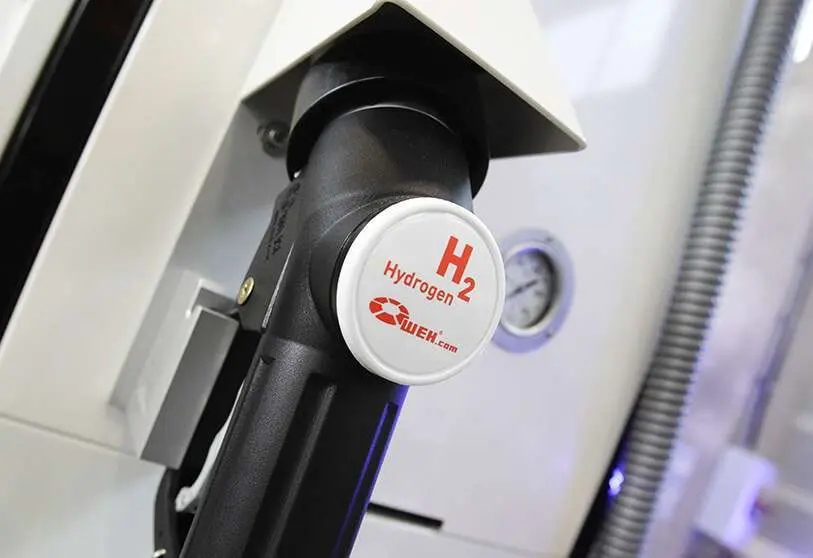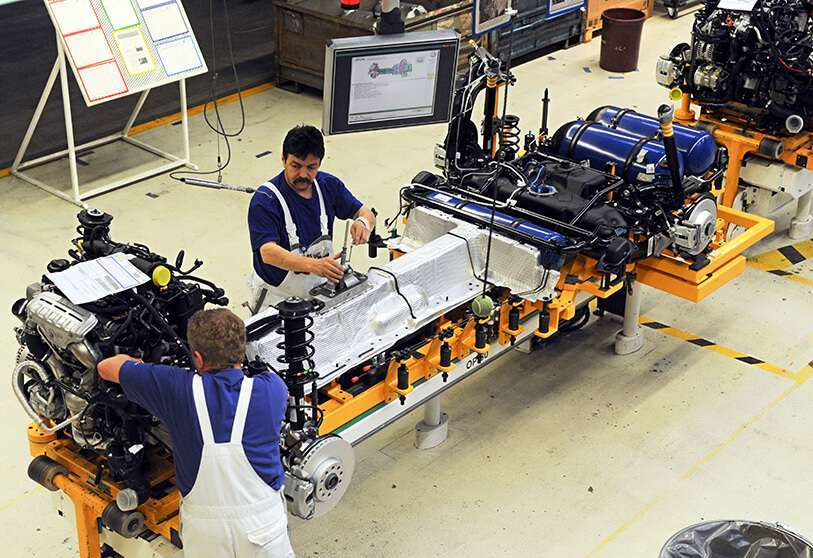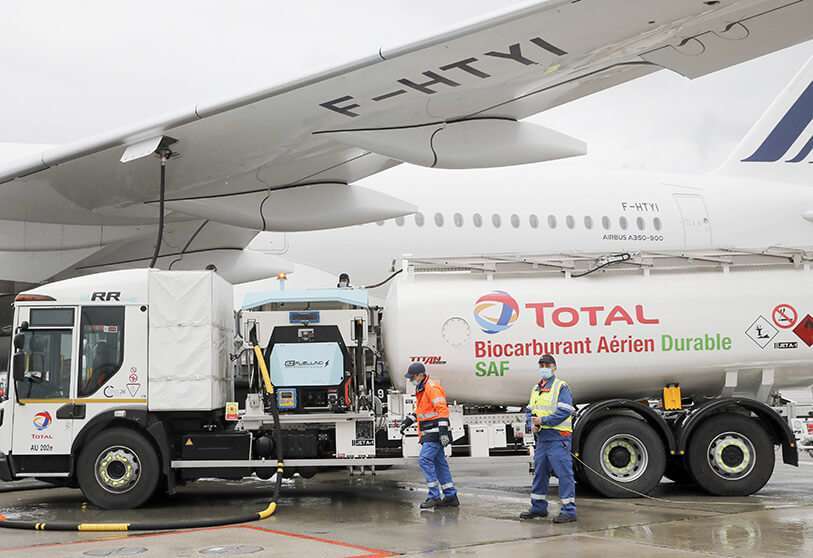Ecofuels as a guarantee for energy independence

The Platform for the Promotion of Ecofuels wants to recall and vindicate the key role of ecofuels, low and carbon neutral liquid fuels, to achieve an immediate reduction of emissions, and to advance in decarbonisation and the fight against climate change, as well as to guarantee the country's energy independence.
The Platform points out that both issues go hand in hand and are highly topical, both because of the need to make progress in climate neutrality policies, and because of the growing tensions that the current context of war is generating in energy management in the European Union, following the invasion of Ukraine by Russia.

This context is changing the geopolitical landscape and bringing to the surface certain deficiencies in the energy system that already existed and that the conflict has made very clearly visible. Europe's dependence on Russia is causing different tensions that affect all countries and, although Spain's supply is highly diversified and it is not a country that depends on Russia for its energy, it is, like the rest of the economies, very much affected by the rise in energy prices. Moreover, the European Commission is considering incorporating a gradual halt to Russian oil purchases in a sixth package of sanctions against Russia.
In addition to this double challenge of climate neutrality and energy independence, there is the economic and social challenge of optimising the costs of an unavoidable energy transition in order to achieve a competitive economy and avoid unnecessary burdens on citizens, generate business and employment opportunities and prevent social marginalisation.

For this reason, the Platform is calling for ecofuels to be taken into account at the same level as other options, as they favour a balance between the elements of the energy trilemma: environmental sustainability, economic sustainability and security of supply.
On the one hand, eco-fuels not only boost the circular economy by using, among other things, captured CO2 or waste of various kinds as raw materials, but also increase energy independence by using indigenous resources for their production.
On the other hand, they are a solution for certain sectors in which electrification is a more long-term alternative, such as air transport, maritime transport, heavy road transport and agriculture. Moreover, their compatibility with the existing vehicle fleet and infrastructure makes them an option that can be implemented immediately, and they are more accessible to sectors of the population that cannot afford the investment needed to change vehicles.

This claim, demanding that eco-fuels form part of the energy transition, in coherence with the principle of technological neutrality and emission reduction targets, has been a constant for the Platform and becomes more coherent in a context such as the current one and at a time when reforms are being studied, such as the Regulation on CO2 emission standards for light vehicles, which aims to ban, de facto, combustion engines from 2035 onwards.
In this scenario, the Platform reaches out to the Spanish and European administrations to collaborate in the energy transition and urges them not to close the path to eco-fuels and to broaden their perspective, recalling that the change towards a more sustainable economy cannot be completed without considering all the alternatives within our reach, as they are all complementary and essential to achieve the horizon of zero net emissions and, at the same time, greater energy independence.

The Platform for the Promotion of Ecofuels combines the defence and promotion of low and carbon neutral liquid fuels to achieve decarbonisation and sustainable mobility, while respecting technological neutrality and supporting industrial development and competitiveness in Spain. Its members represent the entire liquid fuels value chain and its main consumers.
The Platform is made up of 27 entities representing more than 345,000 companies of all types, from multinationals to micro-SMEs and the self-employed. All of them generate more than 4.7 million jobs (direct, indirect and induced).








